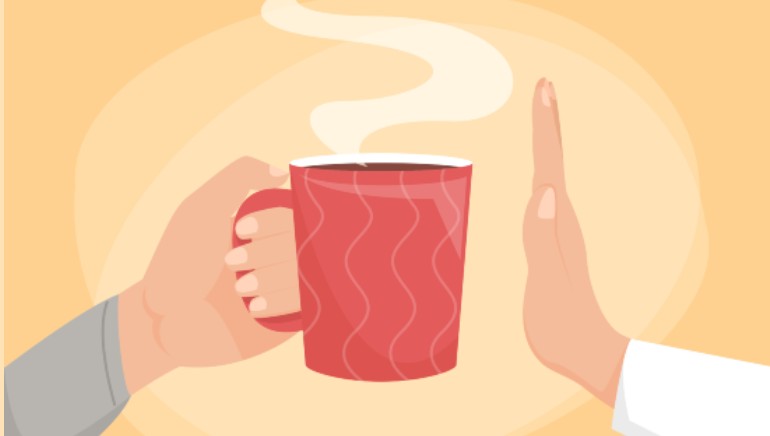
It is interesting to know that the foods we eat have a deep impact on our hormonal health. The right foods can help create the best-quality hormones that have a profound impact on our mental, physical and emotional well-being.
Hormones are the body’s chemical messengers, and are produced in the endocrine glands. These intelligent chemicals constantly convey to the tissues and organs about what needs to be done. They help in controlling appetite, weight, moods and other bodily functions.
However, hormonal imbalance has become very common, and can wreak havoc on the human body’s ability to maximise performance and productivity. A healthy diet is one that includes hormone-balancing foods and lifestyle tools can help improve hormonal health.
Our hormones are made using amino acids from protein, and fatty acids from fats. The better the quality of raw materials we use, the higher is the quality of hormones that our body creates. Variety is equally important!
Every type of food has a different structure and offers a different group of macronutrients. To keep our systems balanced and optimise hormonal health, we need everything in the right amount. Too much of one macronutrient can disturb the body’s balance.

These include hormone-balancing foods, foods for hormonal imbalance correction, exercise and more.
Consume clean protein in every meal: Eating protein regularly helps to stabilize blood sugar levels and prevents insulin spike, prevents cravings and boosts mood. These are used as raw material for hormone production. Aim for 15-20 gm protein per meal from lean meat sources such as chicken, fish, turkey, eggs, dairy, pulses and legumes.
Consume a moderate amount of healthy fats: Good fats are building blocks for hormones, and help to reduce insulin resistance. Aim for two to three teaspoon for the entire day. Drop trans fat that is found in packaged and fried foods. Sources of good fats include olive oil, coconut oil, ghee, nuts, seeds, nut and seed butter.
Eat omega-3 fats: They help to lower inflammation, and improve insulin sensitivity. Sources include walnuts, flax seeds and fish. Aim to consume nuts and seeds every day and fish thrice a week
Eat magnesium rich foods: These help to balance blood sugar levels and get the hormones back on track. Good sources are dark green leafy vegetables, pumpkin and sunflower seeds, almonds and cashew and avocado.
Select Topics of your interest and let us customize your feed.
PERSONALISE NOWLimit caffeine: Too much caffeine can wreak havoc on the endocrine system, especially if there are other hormone stressors involved. These could be pregnancy, presence of toxins, beneficial fat imbalance or stress. Try to start the day with a vegetable smoothie or a fruit, and consume coffee after breakfast.

Consume thyroid enhancing foods: These include cooked cruciferous vegetables, iodine-rich foods such as eggs, strawberry, fish and iodized salt, selenium foods such as mushrooms, chia seeds and others. Include whole grains and legumes, lean protein and good fats. Keeping the thyroid gland keeps the body in homeostasis.
Say no to plastics: These contain endocrine-disrupting chemicals like BPA. Choose glass and stainless steel
Prioritize sleep: Without adequate sleep, hormones will not be in balance. While you’re sleeping, your body actively removes toxins, recharges the mind, and creates hormones. Aim for seven to eight hours of sleep daily, and avoid late nights
Get more natural light during the day: Spend at least 30 minutes outside each day, if possible, first thing in the morning. This helps boost serotonin levels, which can balance melatonin levels at night and help you sleep well.
The digestive system has a big impact on hormones than we even realize. Not only is the digestive tract the source of many vital neurotransmitters in the body, but an imbalance in the gut can translate to an imbalance in neurotransmitters and hormones.
Eat gut-boosting foods such as foods rich in fibre, whole grains, fruits and veggies, and fermented foods like kefir, apple cider vinegar, kombucha and homemade curd.
Remember the happier your hormones are, the happier you will be!